Best Cryptocurrency
- Best Cryptocurrency
Cryptocurrencies are money or fiat money in the form of digital means of payment. They apply principles of cryptography to realize a distributed, decentralized and secure digital payment system. In contrast to central bank money, they are still drawn exclusively by private individuals. However, their qualification as currency is sometimes contentious.
The first publicly traded crypto-money of this type is Bitcoin, which has been traded since 2009. Since then, numerous other cryptocurrencies have been implemented (see table). In addition to the better known, more than 3000 other cryptocurrencies are in use on the model of Bitcoin, of which about 100 achieve a daily trading turnover of more than $ 1000 each at corresponding trading venues for cryptocurrencies.
Bitcoin Cash
Bitcoin Cash brings sound money to the world, fulfilling the original promise of Bitcoin as "Peer-to-Peer Electronic Cash". Merchants and users are empowered with low fees and reliable confirmations. The future shines brightly with unrestricted growth, global adoption, permissionless innovation, and decentralized development.
Monero
Monero is a secure, private, and untraceable cryptocurrency. It is open-source and accessible to all. With Monero, you are your own bank. Only you control and are responsible for your funds. Your accounts and transactions are kept private from prying eyes.

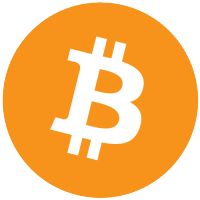

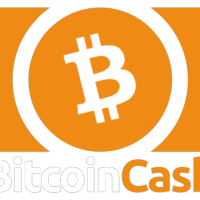
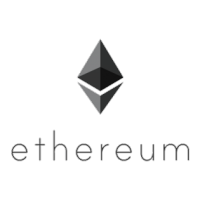


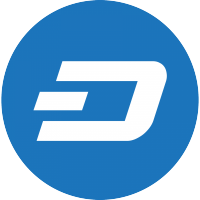
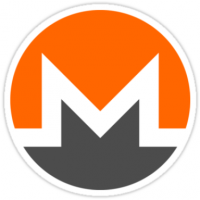






Ripple
Ripple is more known for its digital payment protocol than its cryptocurrency, XRP. Ripple operates on an open source and peer-to-peer decentralized platform that allows for a seamless transfer of money in any form, whether USD, Yen, litecoin, or bitcoin.